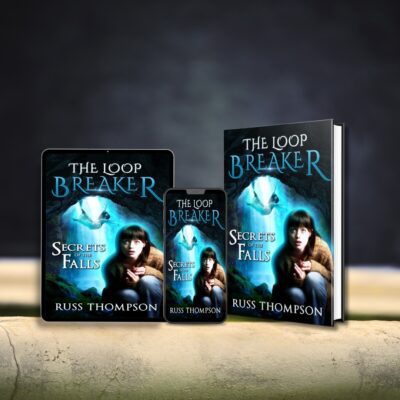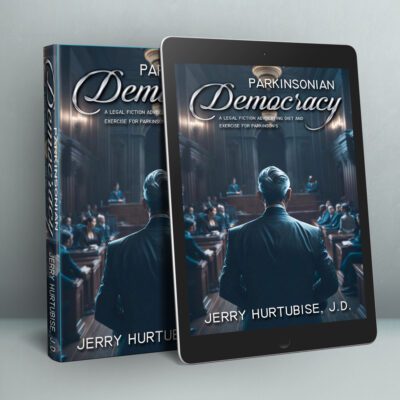If you’ve got a finished draft or maybe a second draft, or even a heavily marked-up fourth draft that still haunts you, one thing is clear: it’s time to figure out what kind of book editing services you need.
But which editor should you hire? Do you go big-picture first? Start with sentence-level polish? Is proofreading too soon? (Spoiler: probably yes.)
Let’s break down how to figure out exactly what kind of editing your book needs right now, and how to avoid paying for the wrong type of help.
First, Be Honest: What Shape Is Your Manuscript In?
The type of book editing services you need depends entirely on your draft’s stage. Ask yourself:
- Have I finished a full draft?
- Do I feel confident about the structure and pacing?
- Are my characters fully developed?
- Is my writing clear and consistent, or kind of a hot mess?
- Have I done any self-editing yet?
If you’re still making major story changes, jumping straight to a proofreader is like icing a cake that hasn’t been baked yet.
For a refresher on the stages of editing services for authors, check out our post on the Editing Process Explained.
Quick Self-Assessment: Which Editor Do You Need?
Answer yes or no to these:
- Does your story still feel wobbly or confusing in spots? → You probably need a developmental editor.
- Is your writing clear but clunky or inconsistent in tone? → Sounds like you need a line editor.
- Are you just looking to fix grammar and punctuation? → Copy editor to the rescue.
- Are you 100% done and just want one last polish before publishing? → Time for a proofreader.
Still confused? Many editors offer sample edits or manuscript evaluations (sometimes called editorial assessments) to help you figure out what your book needs most. You can read more about the types of editing on MasterClass or Reedsy.
Don’t skip the dirty work. Proofreading might seem like the fastest, cheapest route, but if you skip the earlier stages, you’re just polishing a flawed draft. That’s frustrating for everyone, especially your future readers.
Quick Guide: Match Your Stage to the Right Editor
| Manuscript Stage | What You Likely Need | Why This Works |
|---|---|---|
| Finished a messy first or second draft | Developmental Editing | You need help with structure, pacing, plot |
| Story is solid but sentences need work | Line Editing | You’re focused on flow, voice, and tone |
| Story and style are strong—almost done | Copy Editing | It’s time to fix grammar and consistency |
| Book is formatted and nearly published | Proofreading | Final check for typos and layout errors |
Self-Edit Before You Hire
Before hiring an editor, go through at least one round of self-editing. Fix what you already know is wrong. That way, your editor can focus on the deeper issues you can’t see, because those are the ones that will make or break your book.
For feedback from non-professionals before editing, consider using beta readers or sensitivity readers.
Start Where You Are
There’s no one-size-fits-all editor. The right one depends on where your book is in its journey.
Take a breath, be honest about what your manuscript needs, and find the editor who can help you take the next best step, not the final one.
Next up: we’ll cover how much editing costs (is it worth it?), and how to spot red flags.







